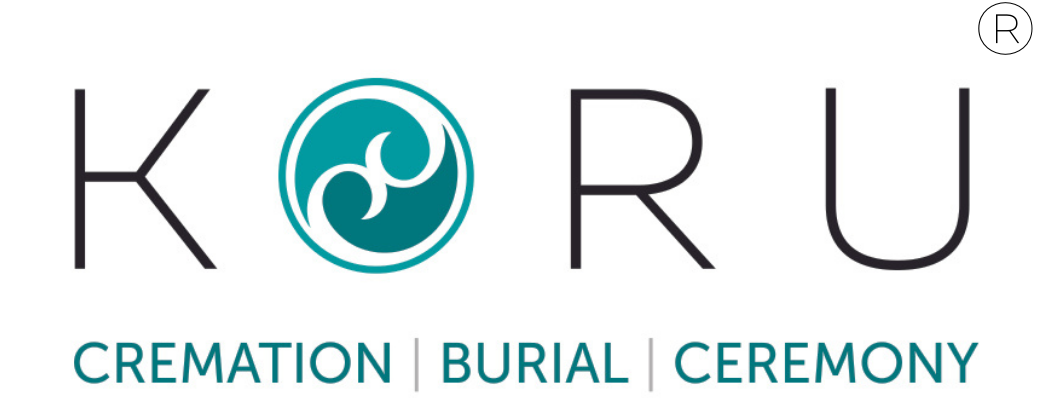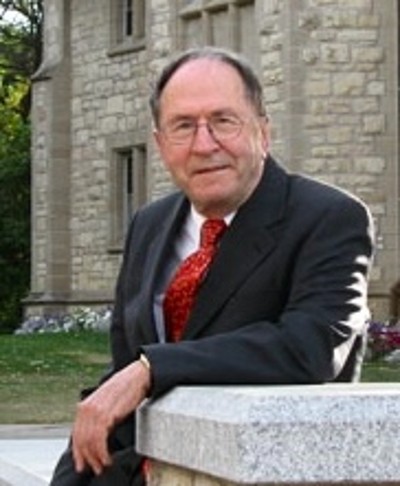Earl Drake passed away peacefully at home in Vancouver on 22 September, 2023 at the age of 95.
Born in Saskatoon, he grew up in Regina during the Great Depression and the Second World War. After finishing his Masters in Canadian History at the University of Saskatchewan, he started his career in the Saskatchewan Provincial Archives. There he wrote “Regina, The Queen City” (McClelland & Stewart), the first history of the provincial capital city. While pursuing his Pd.D. at the University of Toronto, he joined the still-small Department of External Affairs in 1955, first sharing a broom closet with a colleague in the East Block of Parliament in close proximity to Prime Minister St. Laurent, whose office was just down the hall.
In 1956, he and his wife Joyce, together with their new baby son, set out for their first foreign posting in Pakistan. Their travel there by ship was interrupted enroute in Naples by the outbreak of the Suez crisis, which saw the canal blocked, and they set off by plane, hopscotching in a series of short flights through the turbulent Middle East to their destination, Karachi, then the capital of Pakistan. The posting, during which he covered both West and East Pakistan, was dominated by the impact of the first coup organized by West Pakistani Generals which overthrew the elected ethnically Bengali Prime Minister, undermining the young nation’s democratic development, and laying bare the intractable divisions that eventually led to war and the formation of Bangladesh in 1972.
In Pakistan he also caught the eye of the visiting newly-elected Canadian Prime Minister, John Diefenbaker, who was wary of the bureaucracy in Ottawa, but found someone who he felt he could trust in a lowly Second Secretary, also from Saskatchewan, assigned to the Canadian High Commission. This association continued on his return to HQ in 1958.
His next posting was in 1962 to Malaya, accompanied by his wife, son, and young daughter. Guided by his High Commissioner, C.E. McGaughey, who had served as an Allied intelligence officer behind Japanese lines in occupied Malaya during the war, he became especially close to Malaysia’s iconic first Prime Minister Tunku Abdul Rahman. This was an exhilarating period when Malaya, Sarawak, Sabah, and initially Singapore, united to become the Federation of Malaysia in 1963.
On return to Canada in 1964 he became the Director of Planning of Canada’s External Aid Office, which became the new Canadian International Development Agency. This was followed by a posting in 1968 in Paris as Deputy Permanent Representative at the Canadian Delegation to the OECD. In 1972, he returned to Canada and CIDA as Vice-President, Multilateral Affairs.
In 1975 he was assigned as Canadian Executive Director at the World Bank in Washington, DC where, to his great pleasure and privilege, his constituency also included the Caribbean and Ireland. His assignment, which lasted an unusual seven years, centred on a special relationship he developed as a trusted advisor and confidant of the Bank’s president, former US Secretary of Defence Robert McNamara.
After a relatively short assignment as Ambassador to Indonesia (1982-83), he returned to Ottawa, first as Director General of the South and Southeast Asia Bureau, and then Assistant Deputy Minister, Asia Pacific Branch.
In 1987, he and his wife Monica travelled to Beijing where he took up his post as Canada’s Ambassador. This assignment included perhaps his most significant professional challenge, the management of the Canadian Embassy during the 1989 Tiananmen crisis, and direction of the large-scale evacuation of Canadians from China. Recalled to capital over the Chinese Government’s violent suppression of the student movement, he testified to Parliament, which brought him further recognition and even grudging approbation from the Chinese Government, which, despite registering vehement protests, viewed his assessments given in public fora as factual and fair.
Upon retirement from the Public Service in 1990 he and Monica settled in Vancouver. Until 2007, he served as Adjunct Professor at Simon Fraser University; Project Director of the China Council for International Cooperation on Environment and Development; executive pro bono of the Canada-China Business Council; and later as Honorary Professor in Residence at the UBC Institute for Asian Research.
In 1999 he wrote “A Stubble-Jumper in Striped Pants – Memoirs of a Prairie Diplomat” (U of T Press), the title of which was drawn from his initial interview for the Foreign Service during which one of the board members asked why a “Stubble-Jumper” (an epithet for a prairie farmer) would want to join Canada’s vaunted Foreign Service. A proud son of Saskatchewan, he never wavered in seeing his prairie roots as a unique source of strength.
In 2012, using research he commissioned from original sources during his time as Ambassador to Indonesia, he wrote his third and final book, “Gayatri Rajapatni: The Woman Behind the Glory of Majapahit” (Ombak and Areca Publishers) a historical novel about the 14th century queen whom he believed was the real power during one of Indonesia’s most celebrated historical periods.
After losing Monica to cancer in early 2021, aided by the invaluable assistance of Anisa Kassam, he continued to teach courses on foreign policy through SFU Continuing Studies 55+ Program until his declining health no longer permitted. Ever determined to share his experience and knowledge, he was leading discussions on foreign policy with a treasured group of former students until only shortly before his death.
Infinite thanks and appreciation go to the team of exceptional caregivers from Simplified Home Care and Connie Jorsvik, his healthcare coordinator and health advocate, whose collective efforts enabled him to remain in his home for the remainder of his life, as was his fervent wish.
He is survived by his son David (Vicky) and daughter Catherine (Lawrence), granddaughter Emi, and his sister Joan White.
A celebration of his life, together that of his wife Monica Gruder Drake, will be held in Vancouver at some point in the future.




1 Comment
Ronald LEGER
Just informed of Dear Earl’s passing. Very fond memories within CIDA, when during many years I formed with Earl a three member informel “Environnement Committee” when no others within CIDA believed in such an Esoteric topic! At that was in thé 1989s.
A TRULY great person and one of CANADA’s outstanding servants.
Ronald LEGER